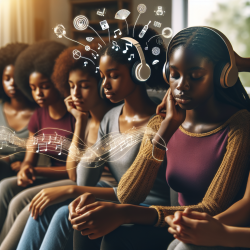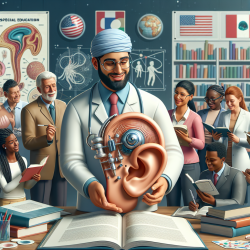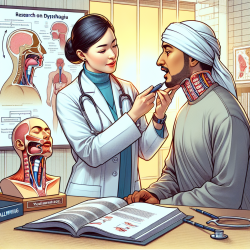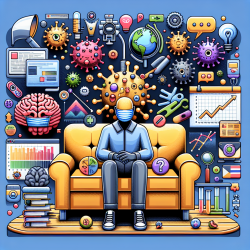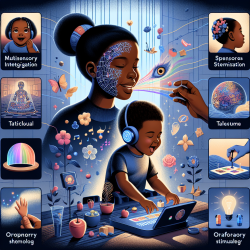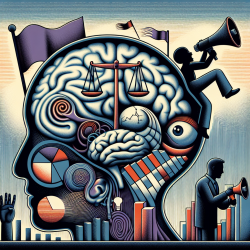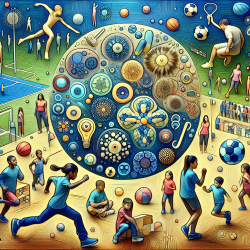Introduction
In recent years, the intersection of technology and therapy has opened new avenues for mental health interventions. One such innovative approach is the use of a musical cognitive restructuring app designed specifically for Black inner-city girls. This app, known as Build Your Own Theme Song (BYOTS), aims to reduce negative thinking and anxiety through a culturally relevant medium—music.
The Research Study
The study titled "Evaluation of the Effectiveness of a Musical Cognitive Restructuring App for Black Inner-City Girls: Survey, Usage, and Focus Group Evaluation" explored the impact of the BYOTS app on seventh- and eighth-grade Black or biracial girls. The research was conducted as part of the Sisters United Now (SUN) intervention, a culturally infused sister circle program that integrates the app to address anxiety and stress.
Key Findings
The study employed a mixed-methods approach, combining quantitative data from surveys and qualitative insights from focus groups. The results were promising:
- Significant reduction in negative thinking from day 1 to day 7, as indicated by paired sample t-tests.
- Reduction in anxiety levels from pre- to post-intervention, with a medium effect size.
- Qualitative themes emerged, highlighting behavioral changes, promoted calmness, and improved focus through the app's theme song.
Implications for Practitioners
For practitioners in the field of speech-language pathology and mental health, these findings underscore the potential of integrating culturally relevant, music-based interventions into therapeutic practices. The app's success in reducing anxiety and negative thinking suggests that similar approaches could be beneficial for other underserved populations.
Practitioners are encouraged to consider the following when implementing such interventions:
- Incorporate culturally relevant elements that resonate with the target demographic.
- Leverage technology to provide accessible and engaging therapeutic tools.
- Use data-driven approaches to evaluate and refine intervention strategies.
Future Research Directions
The study opens the door for further research into the efficacy of music-based cognitive restructuring apps. Future studies could explore the app's standalone effectiveness, its impact across different socioeconomic statuses, and its applicability to other demographics, such as Black adolescent boys.
Conclusion
The BYOTS app represents a promising tool in the realm of mHealth interventions, offering a unique blend of music and cognitive restructuring to support Black inner-city girls. By embracing data-driven and culturally informed approaches, practitioners can enhance therapeutic outcomes and contribute to the growing body of research in this field.
To read the original research paper, please follow this link: Evaluation of the Effectiveness of a Musical Cognitive Restructuring App for Black Inner-City Girls: Survey, Usage, and Focus Group Evaluation.
